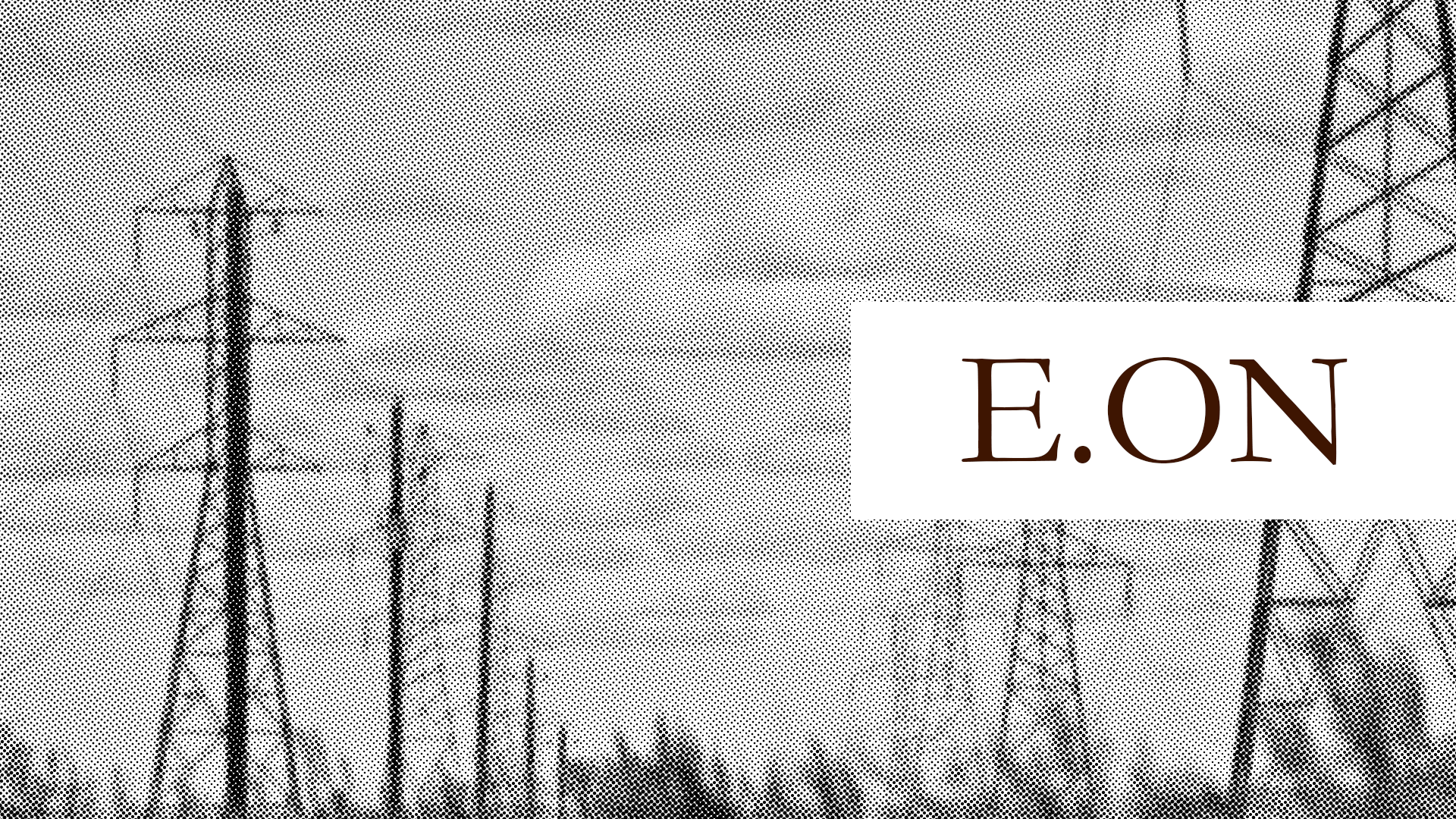Quick Facts
- E.ON is a German electric utility company - one of the world's largest investor-owned electric utility service providers.
- Latest addition to the Obermatt Europe Value Wikifolio
Pros
- More than 17 million users across the continent with huge investments into green energy and grid infrastructure. ✔
- Recently issued Green Bonds used to finance sustainable investment projects. ✔
- A dividend yield of 4.09% ✔
Cons
- Analysts' opinions mixed. ❌
- Dividend payment may not be feasible as cash flows are negative. ❌
- Growth slow, as income coming from highly regulated energy networks. ❌
Obermatt Ranks
One of the latest additions to our Europe Value Wikifolio is E.ON - one of the world's largest investor-owned electric utility service providers. E.ON supplies electricity in several European countries, with over 17 million users and also deals with electricity production, renewables, nuclear energy (in Germany), gas distribution and different customer solutions including heating.
Do individual stock purchases and maintaining your stock portfolio take too much of your free time? Check out the first financial product based exclusively on the Obermatt 360° View: Obermatt Swiss Pearls Index.
Even though E.ON’ s outlook is currently mixed based on recent news and analysts' opinions, the fact that the company is currently pouring billions into green energy and grid infrastructure is positive news for us. Their sustainability goals for 2030 are set high and the five-year investment target has been raised by 27% to a whopping 42 billion Euros recently, as Europe’s need for modern power grids and sustainable energy rises.
In March, E.ON issued their latest bond tranche, with a volume of 1.8 billion Euros. Their Green Bond Framework, launched a couple of years ago, is used to finance sustainable investment projects - the ultimate goal being the total decarbonization of the energy systems worldwide, including networks, renewable energy, energy efficiency and clean transportation.
With the current yearly dividend yield of 4.09%, and the announcement of an increase to 4.3% for the next payment, analysts warn that the dividend could make up more than 300% of the company’s earnings and generate a lot of negative free cash flow. Currently, the dividend doesn’t justify the stock price and all announced investments put the dividend at risk as the company is borrowing money to pay it out.
However, if analysts’ predictions turn out to be correct, E.ON’s EPS should be several times higher next year and could level the payout ratio to a much more acceptable level. Hopefully, the company will manage to fulfill this expectation with its slow growth: most of their income comes from energy networks, which are highly regulated by governments.
